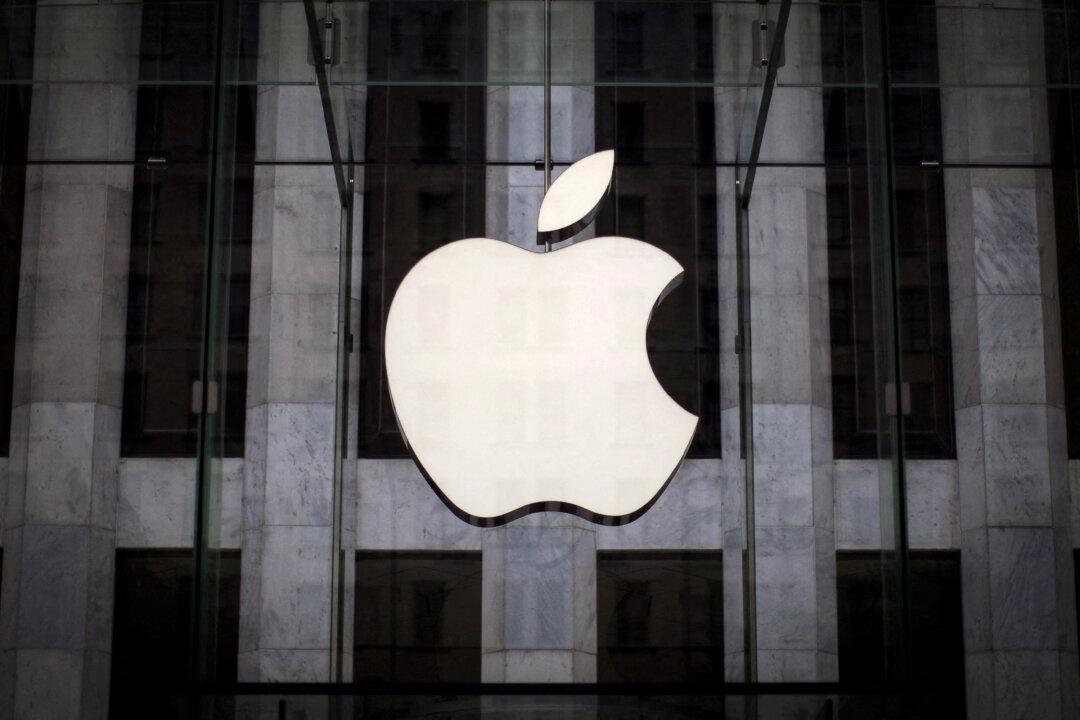Workers at an Apple store in Maryland have announced their first steps to unionize, becoming the third store to start such an effort, setting up a potential labor battle with Apple, according to a report from The Washington Post.
The International Association of Machinists and Aerospace Workers (IAM) confirmed on May 3 that they have been coordinating with organizers at the Towson Mall location, near Baltimore, to help them form a union and claim that they have a majority of the employee signatures to assist in scheduling an election.





